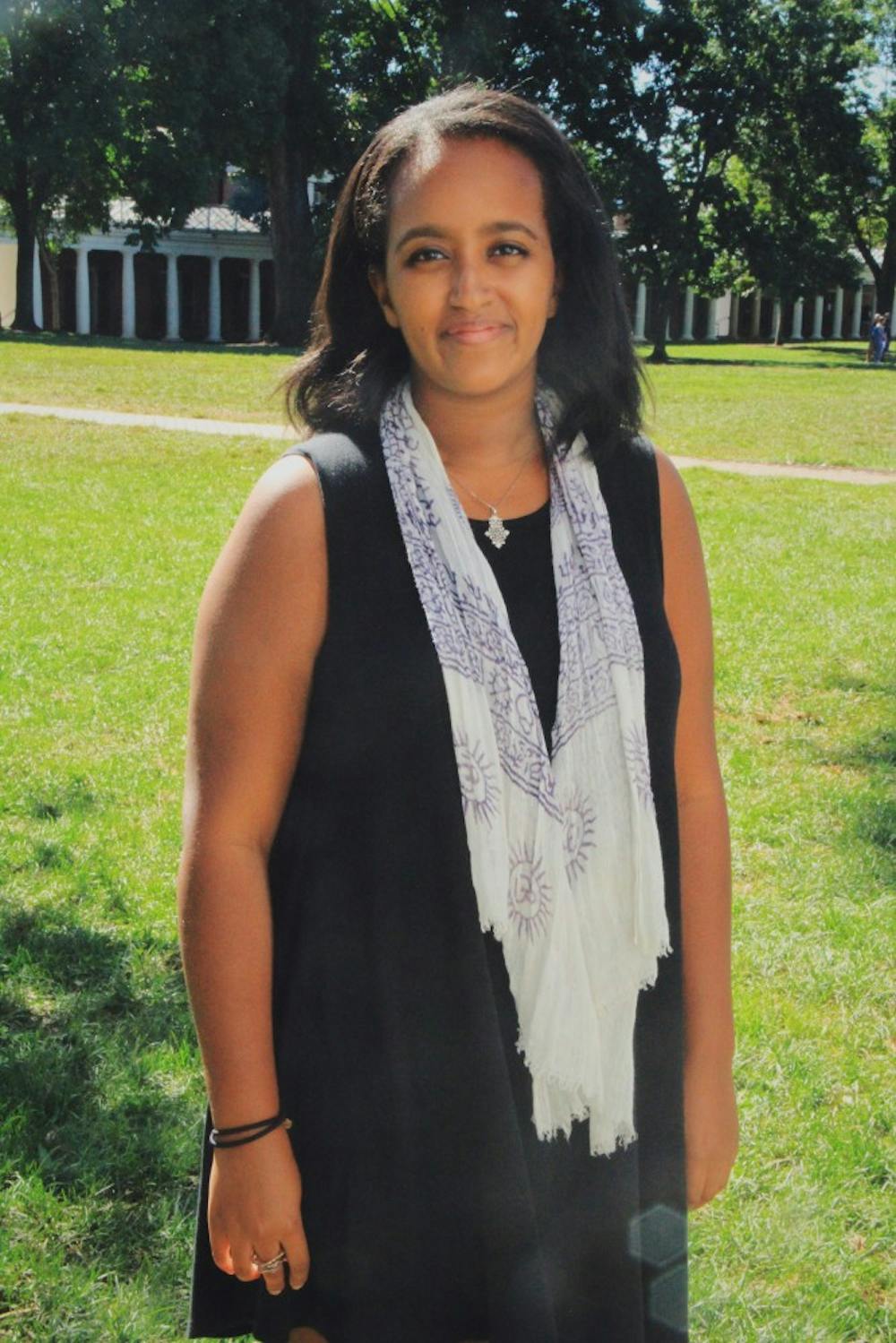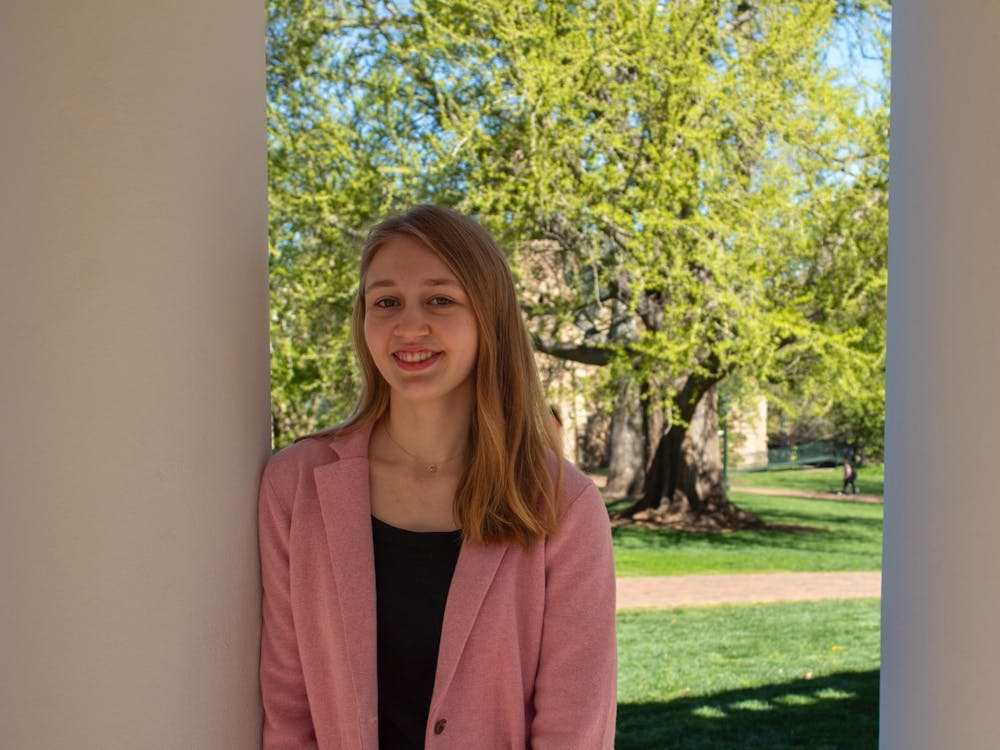The phrase “we, the people” implies the populants of a society are inherently interconnected. Coined by our forefathers, the words link the people of a nation using one commonality: our shared humanity.
I find myself keeping these words in mind as I begrudgingly approach the end of my college career. I feel I have grown academically in my time at the University, and yet, I also believe my academic experience has been severely limited by a lack of humanity in the classroom. Whereas in elementary school my classmates and I were taught to be kind, to share and to love each other, today it feels these lessons are regarded as merely elementary rather than foundational. A fellow writer dove into the lack of intimacy among adults in a recent column, and I think this limitedness extends beyond romantic relationships. As I have progressed through college, I have noticed a lack of humanity on a deeper, institutional level.
I am constantly asking myself if we care about others unconditionally because of our connection as humans, or if we care exclusively for those to whom we are close. Does human nature teach us to care solely about others with whom we have a direct connection? Is our humanity not enough of a connection?
I contemplate this in light of recent tragic events all over the world. I’m perturbed by our practice of framing suffering by saying, “imagine if that was your sister/brother/friend,” rather than fostering organic compassion for fellow humans.
We tend to pick and choose what tragedies are more important than others. We might blame the media for turning a blind eye towards certain tragedies, such as genocide-scale events in Nigeria by Boko Haram a year ago, the massacre of university students in Kenya in April, or attacks in Beirut just a day before last week’s attacks in Paris. However, media coverage essentially works on a supply and demand model. The media produces what they believe we want because they are profit-bearing corporations. The more their audiences care about a subject, the more media organizations will cover that subject. Thus, the only way we can get the media to cover all global tragedies with the same thoroughness is to demonstrate the same level of compassion for each tragedy-stricken group.
I have also witnessed unfair biases regarding which tragedies are “more important” play out on Facebook and Twitter. Why do we read certain stories and think they are “so sad” and move on, while we see some headlines and express nothing short of complete and utter outrage?
As humans, we should try to make the conscious effort to support all people, regardless of their ethnicity or physical location. We know the pains of attacks in our homes too well. We also know how supportive others around the world have traditionally been toward us. Caring should happen in a universal manner because, at the end of the day, a life is a life.
In one of my classes, we are watching “Half the Sky”, a book-turned-documentary about the oppression of women around the world. In the opening scene, George Clooney is being interviewed and says, “[The] interesting thing about tragedy is that we have to be able to relate to it”. I was struck by this thought. Must we be able to completely understand one’s suffering to try to feel their pain? Though I’m not certain why it seems we prioritize the mourning of some groups over others, I argue our shared humanity is enough of a relation for us to care about one another. My hope is that one day we can care about all humans because we, ourselves, are human.





